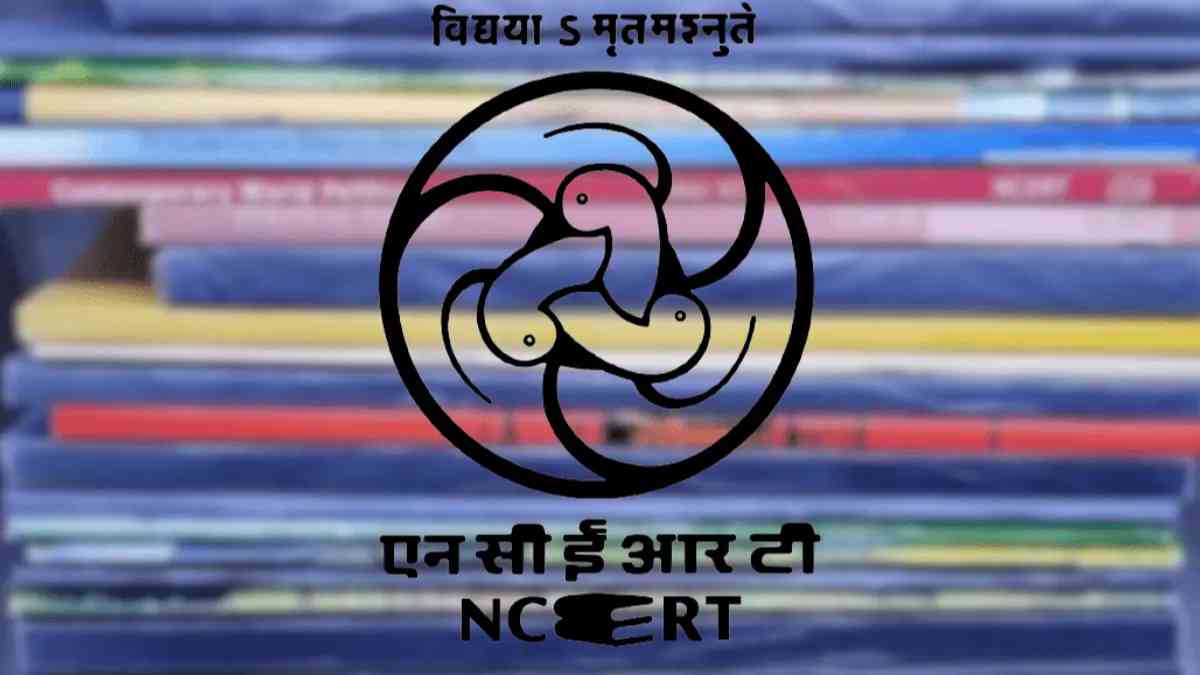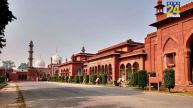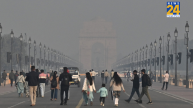NCERT has made some changes in the new social science textbook for Class 6. The term ‘Sindhu-Saraswati Civilization’ or ‘Indus-Saraswati Civilization’ has been used instead of the Harappan Civilization. The word ‘caste’ is mentioned only once in the new book. There is no mention of caste-based discrimination and inequality. Additionally, the section related to B.R. Ambedkar has also been removed.
Additionally, the geography section of the new NCERT textbook mentions Kalidasa’s work ‘Kumarasambhava’ in reference to the Himalayas. The book also states that India had its own prime meridian called the “Ujjaini Prime Meridian.”
According to a report by the Indian Express, ‘Exploring Society: India and Beyond’ is the first social science textbook prepared under the NDA government’s ‘National Curriculum Framework for School Education 2023’. It will be taught in schools from the current academic session.
Also Read: Massive Hiring In Noida-NCR: 12,000 Jobs Available; Read To Learn More
Major Changes in the NCERT Textbook
- Unified Textbook for Social Science: Previously, there were separate textbooks for history, political science, and geography. Now, there is a single textbook for social science. The book explains that social science comprises many sub-disciplines, but students need not be intimidated by these terms. The textbook is divided into five sections: ‘India and the World: Land and People,’ ‘The Fabric of the Past,’ ‘Our Cultural Heritage and Knowledge Traditions,’ ‘Governance and Democracy,’ and ‘Economic Life Around Us.’
- Increased Mention of the Saraswati River: In the old history textbook, the Saraswati River was mentioned only once in a Rigveda section, where it was included among the rivers described in the Vedas. In the new textbook, the Saraswati River is mentioned several times in the chapter related to the origins of Indian civilization. This chapter uses the term ‘Indus-Saraswati Civilization’ instead of the Harappan Civilization and highlights major cities in the Saraswati basin like Rakhigarhi and Ganweriwala, as well as smaller towns and villages.
- Causes of the Decline of the Harappan Civilization: The new textbook attributes the decline of the Harappan Civilization to the drying up of the Saraswati River. It states that there are two agreed-upon reasons for the civilization’s decline: climate change leading to reduced rainfall and the drying up of the Saraswati River in its central basin, causing cities to be abandoned. The old textbook did not mention the drying up of the Saraswati River as a reason for the Harappan Civilization’s decline.
- Geography Section Additions: The new textbook’s geography section includes Kalidasa’s poem ‘Kumarasambhava’ in reference to the Himalayas. It also mentions the Tamil Sangam poetry and its connection with the landscape.
- Prime Meridian: The book explains that the Greenwich Meridian was not the first prime meridian. Centuries before Europe, India had its own prime meridian, which passed through Ujjain in Madhya Pradesh.
- Caste and Discrimination: Like the old political science textbook, the new book has a chapter on diversity. However, it does not mention caste-based discrimination and inequality. The word ‘caste’ appears only once in the new book. The old book had an entire section on B.R. Ambedkar, his fight for Dalit rights, and his experiences with caste-based discrimination.
Also Read: Kanwar Yatra 2024: Uttarakhand Deploys 5,500 Cops And Sets Up 49 Zones For Smooth Operations













